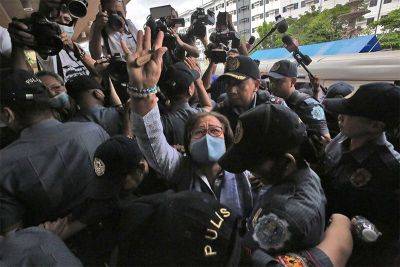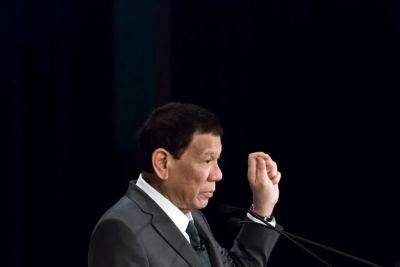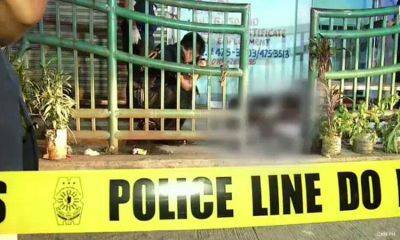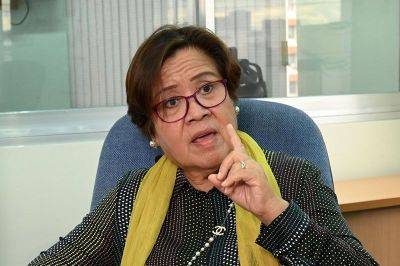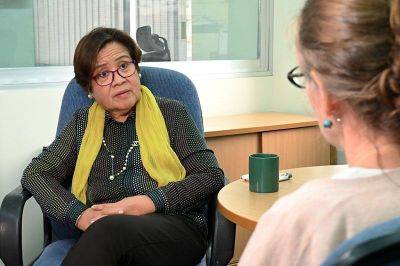Leila de Lima, Critic of Duterte’s Drug War, Is Released on Bail
The Philippines released on bail its most famous political prisoner, Leila de Lima, whose six-year detention served as a stark warning to those who dared to question former President Rodrigo Duterte’s brutal drug war.
Her release on Monday was ordered by a court in the city of Muntinlupa after five witnesses recanted their testimony in the case. Ms. de Lima, a former senator who had started multiple investigations into Mr. Duterte’s war on drugs, was charged on accusations of taking bribes from imprisoned drug traffickers. Though she was never convicted, she has been detained since February 2017 at the police headquarters in Manila.
Ms. de Lima, 64, has long maintained that the charges were fabricated and that she was a victim of political persecution.
“Freedom, freedom, freedom — I’m finally free!” she said in court after hearing the decision.
In a phone call from the courtroom, Ms. de Lima said: “Unbelievable. I’m free after 2,024 days. I did not deserve to be in jail. It was very painful. I don’t want for others to experience this.”
For years, U.S. lawmakers, the European Parliament and international human rights groups have called for the Philippine government to release Ms. de Lima. The U.N. Working Group on Arbitrary Detention found in 2018 that her detention was arbitrary, adding that it was seriously concerned about remarks that Mr. Duterte and his allies had made against her after she called for an investigation into his government-sanctioned drug violence.
Ms. de Lima has served as the public face of the efforts against Mr. Duterte’s brutal campaign, which started soon after he took office in 2016. Night after night, men and boys were gunned down by the police. The Philippine National Police has said about 8,000 people have been killed in the violence, but human rights groups have reported higher numbers. Activists say a vast majority of those killed were poor Filipinos, some of whom were young boys or had nothing to do with the drug trade.
As the chairwoman of the Philippine Commission on Human Rights in the late 2000s, Ms. de Lima led an investigation into the so-called Davao Death Squad — people hired to commit extrajudicial killings in Davao City when Mr.


